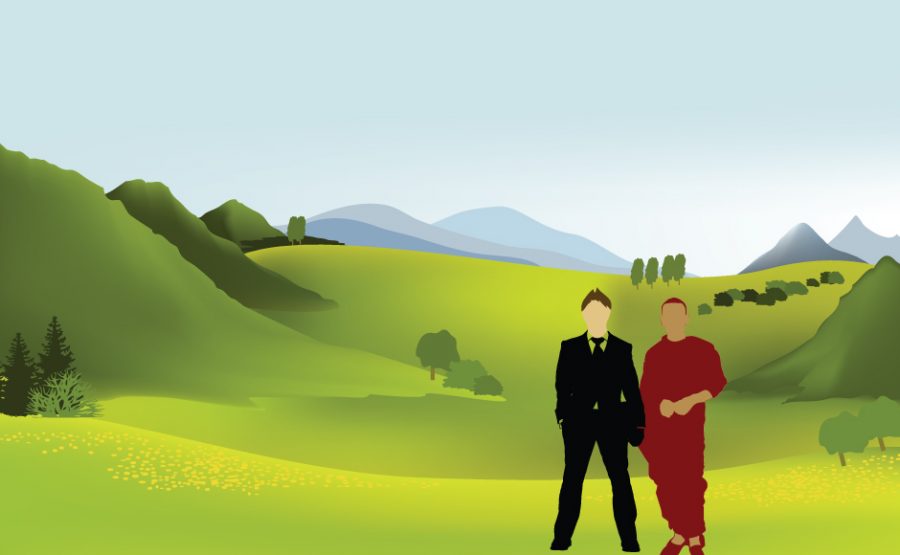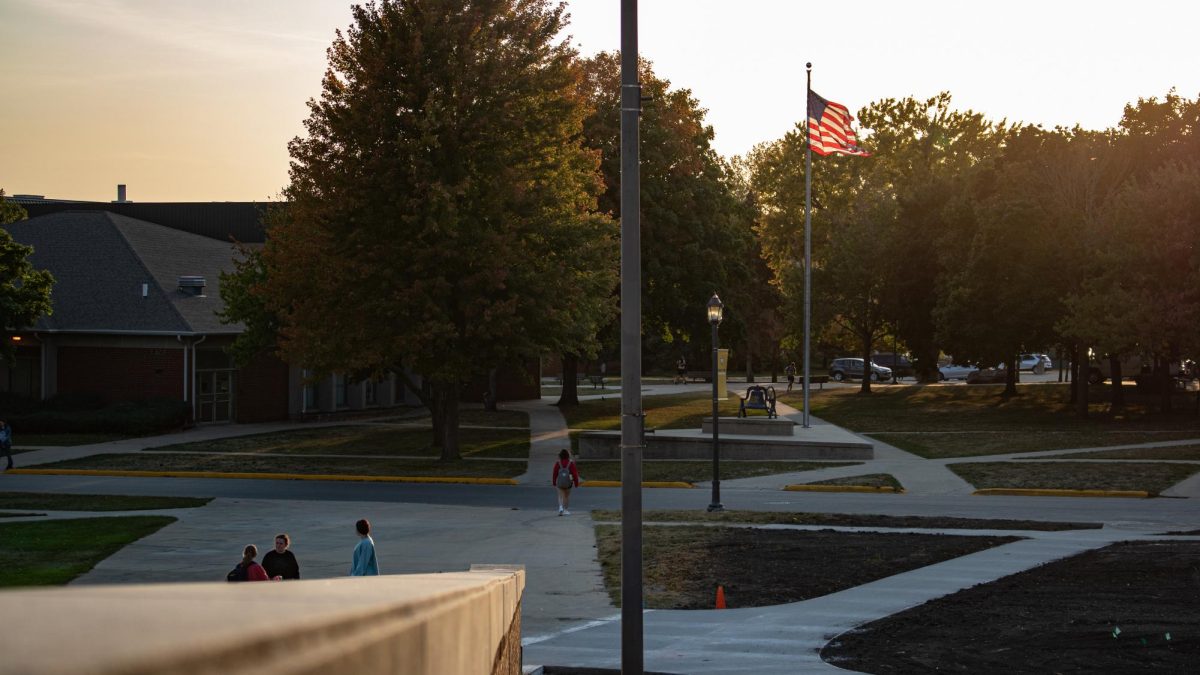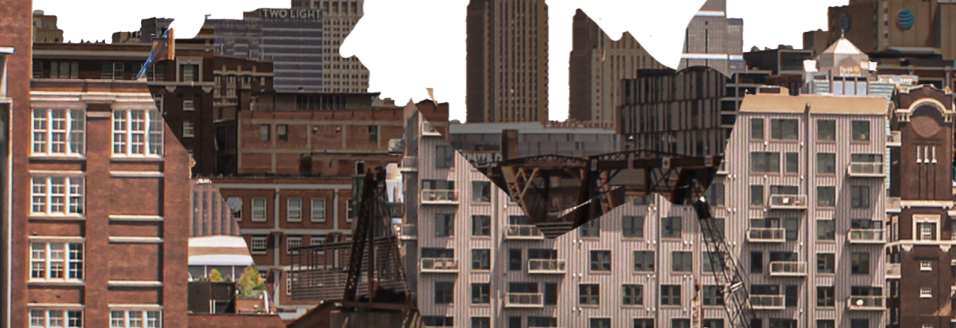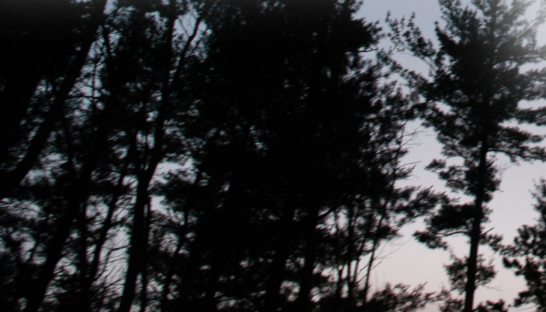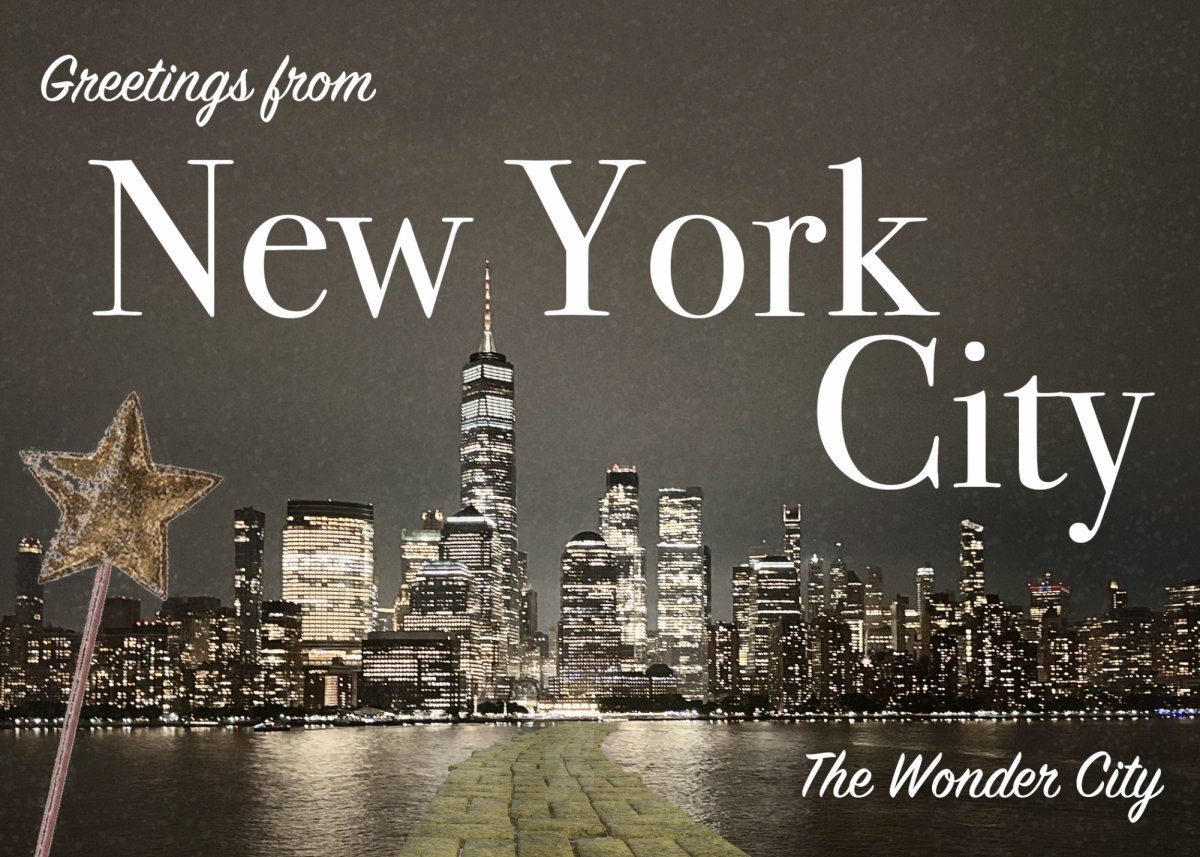Adam Ullerich | Assistant Opinion Editor
Last spring I had the experience of a lifetime attending Semester At Sea Spring 2013. First off, I must thank my father and George Wythe. I experienced lessons and problems from global perspectives and travelled outside of my comfort zone quite a bit, but what especially impacted me was being an outsider in a new environment.
This is all important, but the culmination of the semester was found in the connections in which I played a part.
Not future occupational connections or syntactical connections, but human to human connections. I met people who have lived much longer than I have, seen things I will never see, known things I will never know, experienced things that I have never experienced, and imagined scenarios I will never fathom.
One of these particular connections was with Armin Rosencranz.
Armin is a lawyer and political scientist who has taught a variety of environmental policy courses at Stanford since 1995. He taught one of India’s first courses on environmental law and his book, Environmental Law and Policy in India (2nd ed. 2001), is widely used throughout India. Until 1996, Armin headed Pacific Environment, an international NGO (non-governmental organization) that he founded in 1987. He is co-editor of Climate Change Science and Policy (2010) and regularly teaches a course on energy and climate at Stanford. In fact, he was named “teacher of the year” of Stanford in 2005. During October and November of 2011, Armin served as a Fulbright Senior Specialist in Bali. Armin taught on the Semester at Sea program in spring ’04, fall ’08, the May-mester 2011 and spring ’13. He is a friend that I will cherish forever and will never hesitate to contact in times of need. Of all the conversations we had on empathy, history, and social systems, there is one experience that he shared with me that has shaped my life and will continue to shape my life until I die.
This occurred at a Zen Abbey in Kyoto in 1970. Armin was met at the Osaka airport by his then-22 year old friend Gunnar Erickson, who had arranged the week-long stay at the abbey. The abbott was 65 and had recently had a heart attack. He asked Armin to walk him down and back up a lane. The short walk took them 30 minutes, and at each pause he’d come out with another and better English translation of the elusive word in an ancient Zen text.
‘One morning in Japan I was going for a morning walk with a monk. This particular monk was undertaking the task of translating sacred text to English so that more humans could better experience the release of Zen Buddhism.
We walked a ways down a path… and the monk said, “You know Armin, maybe this particular word should be translated as know.”
We walked a little further.
“Know just doesn’t cut it, maybe I will use imagine.”
We walked a little further.
“Imagine just doesn’t have the potency I want, I think I will use experience.”
We walked further yet, and the sun was beginning to rise.
“Experience will not suffice, I will use feel.”
For a while we walked in silence, continuing on, until all of a sudden the monk stopped. He looked at me with a smile and said, “Feel is the final step… but not the destination… the word I will use is become.”’
What an enlightening moment.
I still get chills thinking about how Armin told the story to me. It was as if I was there that morning walking with that specific monk, hearing his thoughts and following his path along the way.
That day I changed. It was revealed to me that it is not what you know, feel, imagine, or experience that defines the individual, these are all factors in the grand scheme of things, but the most powerful aspect of the human life is what you become.
Knowing is important, but I think we all know that knowledge is not power. Imagination is huge, but it doesn’t always carry itself out. Experiences are amazing; they connect humans and reveal knowledge to us. Feeling is my personal favorite, because it involves empathy; it is the culmination of knowledge and experience. But yet all of these things in and of themselves do not accomplish anything- the real transformation begins at the culmination of all of these factors when they changes who you are- together changing who you have become.
We have an amazing opportunity at BVU (albeit we are paying for it), but every single day we are learning new facts, imagining new lives, experiencing new people, places, and settings, and the feels bro. The feels.
But my question to you is how does this change you? How does this affect what you will become? Do you change every day? Are you constantly becoming something new and different?
If you aren’t then, why are you here?
It has long been said that the degree gets you the interview, but who you are and what you can contribute is what lands you the job. So I ask you, who are you? What are you becoming? Are you even aware?
Some days I get lost in the shuffle, accomplishing everything I need to do for that specific day and not taking time to reflect. So from today until the day you die, I challenge everyone- myself, students, staff, faculty, and administrators to take note of the knowledge, thoughts, experiences and feelings and understand how they are shaping you into what you have become and what you are going to become.
Knowledge is envied, imagination is rare, experiences are shared, and feelings are intrinsic. These are what shape you.
What are you becoming?
Graphic by Justice Kempf



